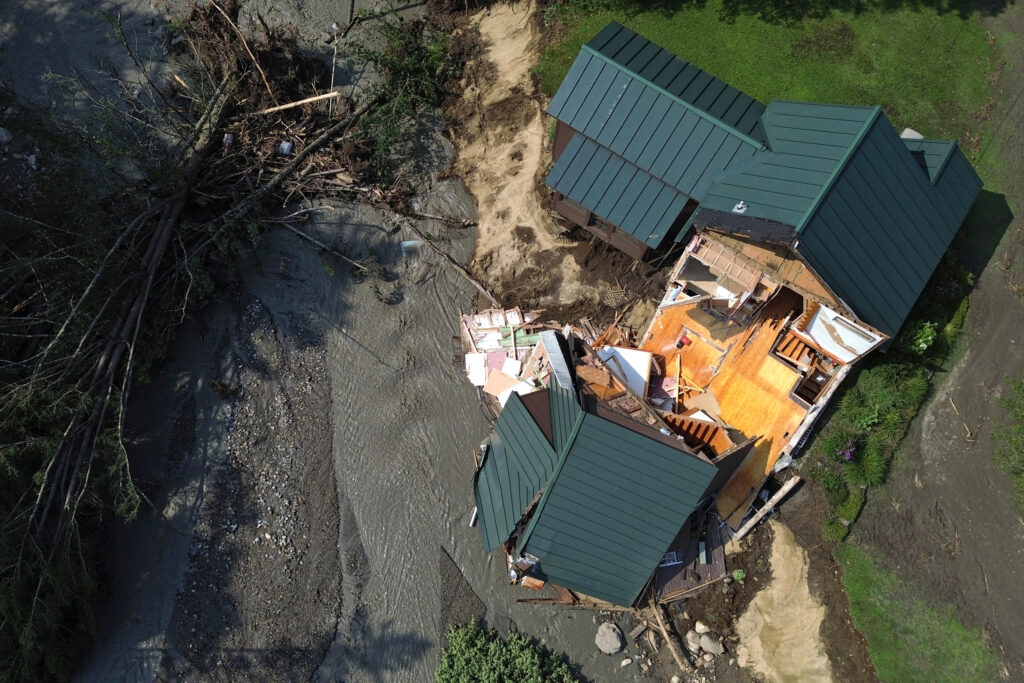A vastly different approach to protecting nature is needed – partly inspired by financial portfolios – to preserve precious habitats.
Researchers at the University of Tennessee have been awarded a $650,000 grant to develop new solutions that can address inherent uncertainties in conservation planning processes, with a view to contributing to the US’ recently unveiled 30×30 goal, whereby 30% of the country’s lands and waters will be protected by 2030.
With increasing numbers of similar objectives the need to predict and forecast changes in the types of species in conservation areas, and their behaviour, increases. The prevalence of situations and circumstances wherein this isn’t currently possible is now seen as a major threat to progress on the climate issue.
The team involved will look to lessons learnt from the management of financial asset portfolios for inspiration. Dynamic conservation portfolios will be created tied to specific target sites for biodiversity conservation. Responsive by nature, information stored on these areas can be updated in real time, and changes tracked, giving agencies the ability to update and adjust conservation efforts to better suit specific circumstances.
‘When people consider conservation planning, they tend to think more about where to protect. However, as much as where to focus is important, the question of when to invest needs to be taken into account,’ said Dr. Seong-Hoon Cho, lead researcher and professor in the Department of Agricultural and Resource Economics at the University of Tennessee.
‘The project builds around this idea and further highlights how conservation programs can integrate risk diversification as they confront an era of change and uncertainty,’ he continued. ‘We are hoping the outcome of the project offers conservation agencies a novel series of portfolios for conservation over time that is adaptable to future uncertainties based on updated information, with opportunities to revisit the initial planning.’
In related news, the World Health Organisation has been asked to declare climate change a public health emergency.
Image credit: Michael Krahn
















